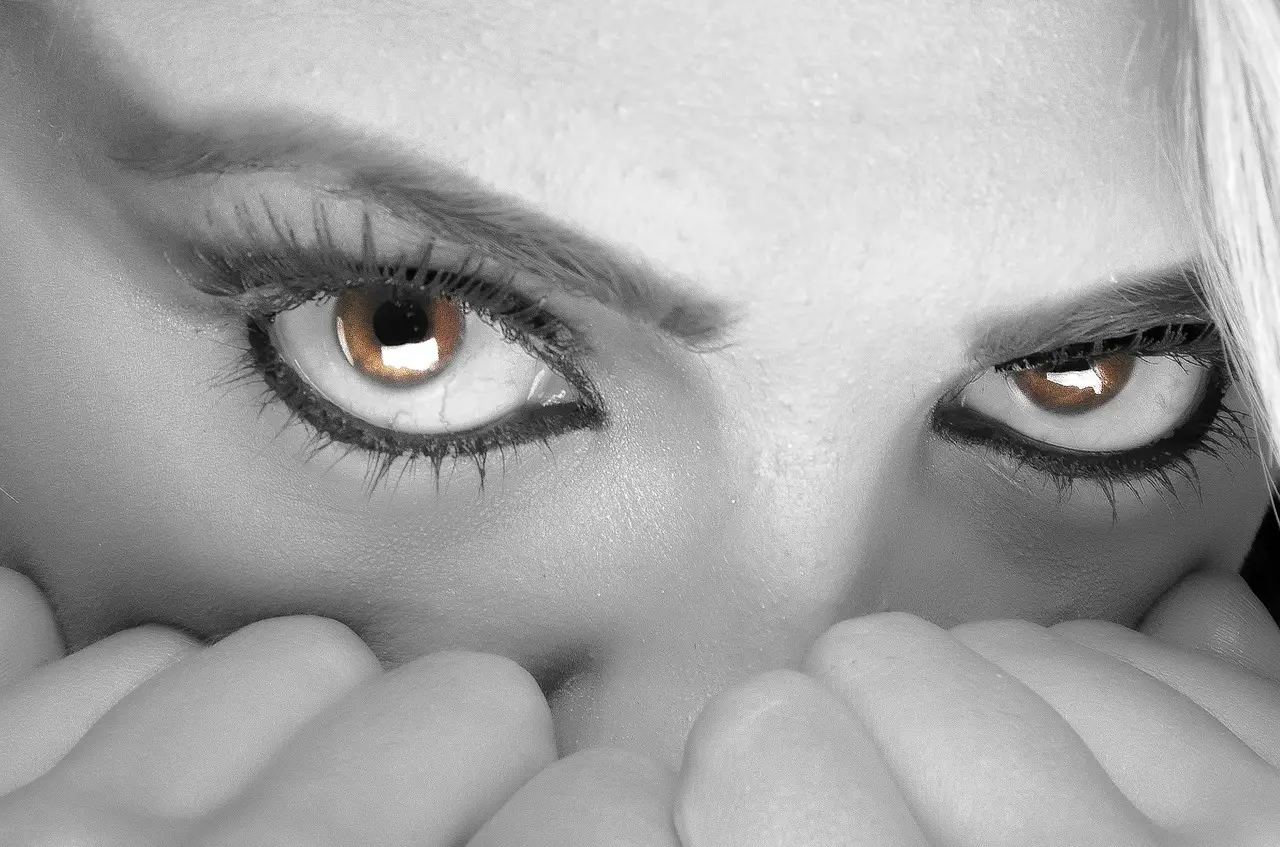We are all unique people. And how we experience stress and anxiety is unique from one another.
However, most people that experience anxiety fit more or less into one of these categories. We may even mix and match, taking some of the symptoms from different disorders.
For some of us, we can read about the following disorders and know exactly which one fits us. For others, it may not be so easy. Keep researching and talk with your doctor.
Knowing what is wrong is a very important step in healing. Never give up!
Agoraphobia / Panic Disorder
This form of anxiety usually begins with spontaneous panic and evolves overtime to include fear of different experiences such as, driving, shopping, traveling to unfamiliar places and being alone.
Much of this is learned behavior. For example, you experience a panic attack when you are driving and from this point forward, driving can trigger your anxiety.
It is very possible that the two have nothing to do with each other, but the connection has been embedded into your brain.
Agoraphobia or adult separation anxiety is the fear of being helpless and alone when perceiving great inner danger. Often this is expressed as a fear of dying, going crazy, or losing control of one’s behavior.
Agoraphobia can lead to sufferers sticking close to familiar places and people. It can degenerate to the point of not leaving home.
Specific Phobia
Specific phobia is a form of situational panic, such as fear of flying, fear of heights, fear of insects or snakes, or claustrophobia.
It’s not simply the act of being afraid, but rather true fear that manifests itself in anxiety or panic.
Specific or single phobias are situational related and can be cured by removing oneself from the event or situation that is causing the anxiety.
However, what at first appear to be specific phobias are, at root, manifestations of agoraphobia showing up as multiple phobias.
In other words, you may be suffering from agoraphobia if there are several things that cause you to panic or have anxiety.
Social Phobia
Social phobia is a pathological anxiety expressed specifically as fear of embarrassment, which may be limited to public speaking or it may be part of a global shyness that limits social experiences, including dating, marriage and friendships.
People experiencing social phobia often times have low self esteem and feel that they are not good enough.
These can be children that were picked on or had overprotective parents. While agoraphobic people are afraid to be alone, people suffering from social phobia often prefer to be alone.
Generalized Anxiety Disorder
General anxiety disorder (GAD) is pure worry! General anxiety includes periods of extreme worry and tension.
The cumulative effects of GAD wear on the body overtime. People that experience nervous breakdowns or middle age crisis, often times suffer from long term GAD.
GAD generally does not come with panic attacks, phobic avoidance or pathological shyness. It is the base of all anxiety disorders, but does not mean you will experience any of the other disorders.
Someone that always seems stressed out or is always worried, may be suffering from general anxiety.
Obsessive-Compulsive Disorder
This type of anxiety is usually characterized by obsessions that are unwanted and intrusive thoughts, usually of a violent or sexual nature.
People with obsessive-compulsive disorder (OCD) try to rid themselves of these hateful thoughts.
One short term relief from the anxiety caused by OCD can be achieved by engaging in compulsions, or ritual senseless behaviors such as repeating a word over and over, or actions such as hand washing, checking on something, or moving in a certain way.
People with OCD believe that their thoughts can hurt themselves or other people. This is not true, thoughts are just that, thoughts.
Post-traumatic Stress Disorder
Post-traumatic stress disorder is anxiety that is related to a very stressful or life changing situation that someone has just gone through.
Some examples may be, involved in a violent crime, war or combat, death of a loved one, or being in a terrible accident.
PTSD involves flashbacks that seem so real, the person may believe they are re-experiencing the event. Avoidance becomes a tool for people that suffer from PTSD.
For example, a person that was involved in a plane crash but lived, may avoid airports and airplanes altogether.
Not everyone that experiences great stress will suffer from PTSD.
Everyone handles stress differently. Everyone relives a traumatic event, for most people the memory and pain of the event begin to fade after a few months.
It is how we are able to cope with life. Can you imagine that if the grief you feel over losing a loved one was just as powerful and real five years later?
We simply could not live life like that, but guess what? People suffering from PTSD do live it all those years later. This significantly disrupts a sufferer’s life for years.
All of the six anxiety disorders are based around the same underlying foundation of pathological anxiety and abnormal brain chemistry.
Most people will fall under one of these disorders, but some people may experience symptoms from multiple disorders or their symptoms may change over years and one disorder changes into another disorder.
While it is important to know and understand what form of anxiety you may be suffering from, it is equally important to understand the way each of the disorders works and how they can affect each other.
As always, go see your doctor!

